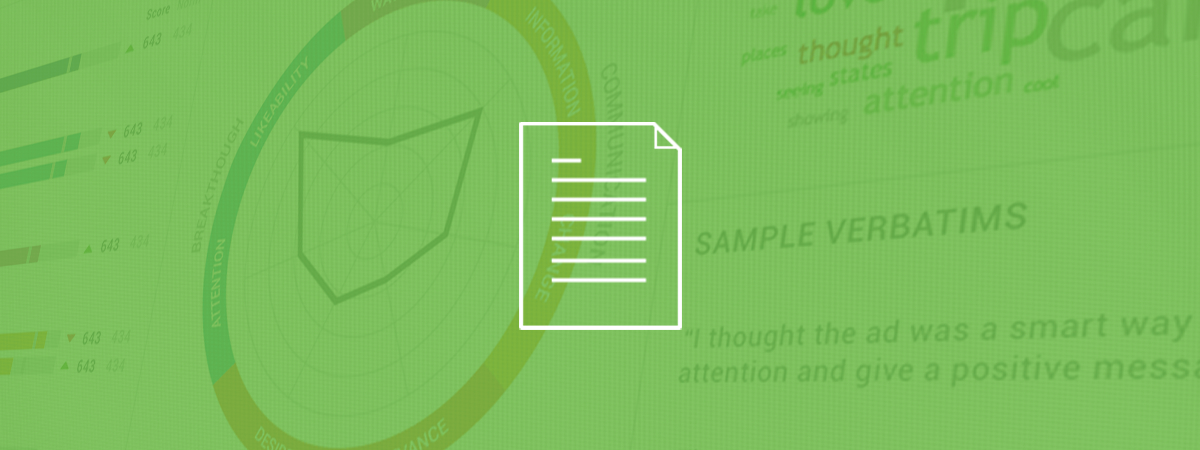
the Examiner
Bruce Goldman, the Examiner
In case anyone really needed it, a June 5 Ace Metrix report brings proof that Internet trolls with axes to grind don’t speak for consumers.
Conventional concept, unconventional casting
The report deals with consumer reaction to a Cherios television commercial that launched a week before. The spot itself is okay, though not particularly remarkable in concept:
A little girl asks her mother if what her father said about Cheerios being good for the heart is true. The mother says yes, adding a sales point about oats. The girl smiles and walks off camera with a Cheerios box. Cut to the father, waking up from a nap on the couch to discover that someone poured Cheerios all over the left side of his chest.
To some people, though, the execution was a different story – particularly the casting. Because the mother’s white, the father’s black, and the child’s biracial.
That was enough to provoke a storm of angry comments on YouTube, where the commercial was posted. While not getting specific, vp-marketing for Cheerios Camille Gibson e-mailed, “We are a family brand and not all of the comments were family-friendly.”
How many comments there were, and how family-unfriendly they were, you’ll have to leave to your imagination, but there were enough, and they were virulent enough, for General Mills to disable comments.
The consumers speak
But the YouTube trolls were speaking for themselves, not for consumers.
According to Ace Metrix’s just-completed consumer survey, the commercial “appealed to all age/gender demographics with the exception of males over 50” – a group whose dislike of children in ads tends to echo W. C. Fields’s.
After just one week of exposure,the spot’s attention and likeability scores tested 9 and 11 percent, respectively, “above the 90-day norm for cereals.”
And you’ll never guess who liked it the most:
The ad scored best with African-Americans, who collectively scored the ad a 721, followed by Asian Americans and Hispanics. While African Americans and Hispanics generally award advertising higher scores than their ethnic counterparts — the 721 score is 100 higher than average for African-Americans.
Troll power is exaggerated
Many advertisers have pulled expensive commercials over much less.
After one professor at an obscure college took to an obscure blog to call an admittedly inane Mountain Dew spot created and voiced by a black rapper “arguably the most racist commercial in history,” Mountain Dew scrubbed the whole campaign.
And when one British woman complained online that a derivative Hyundai commercial evoked painful memories of her father’s suicide years ago, it triggered worldwide apologies and disavowals.
But for the Cheerios commercial, the industry’s starting to show some spine and resistance to the exaggerated power of internet trolls with nothing to do but seek imagined grievances.
“[Cheerios] can’t bow to this incredible ugliness and underbelly of hatred,” wrote Barbara Lippert at MediaPost.com, adding that “If the father had not been black, it would have been just another spot.”
To its credit, Cheerios isn’t bowing. The spot’s still on YouTube, where it’s received almost 3 million views, and still on air.
Noting “a very positive response overall,” Gibson says, “There are many kinds of families, and Cheerios celebrates them all.”
Read the original article at Examiner.com.